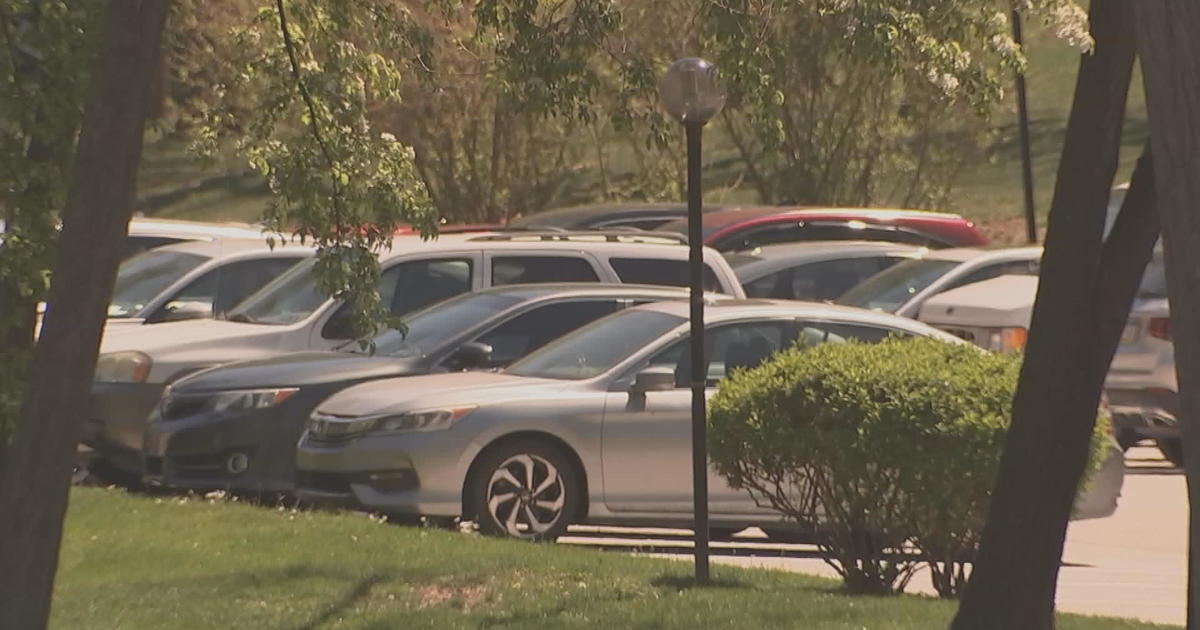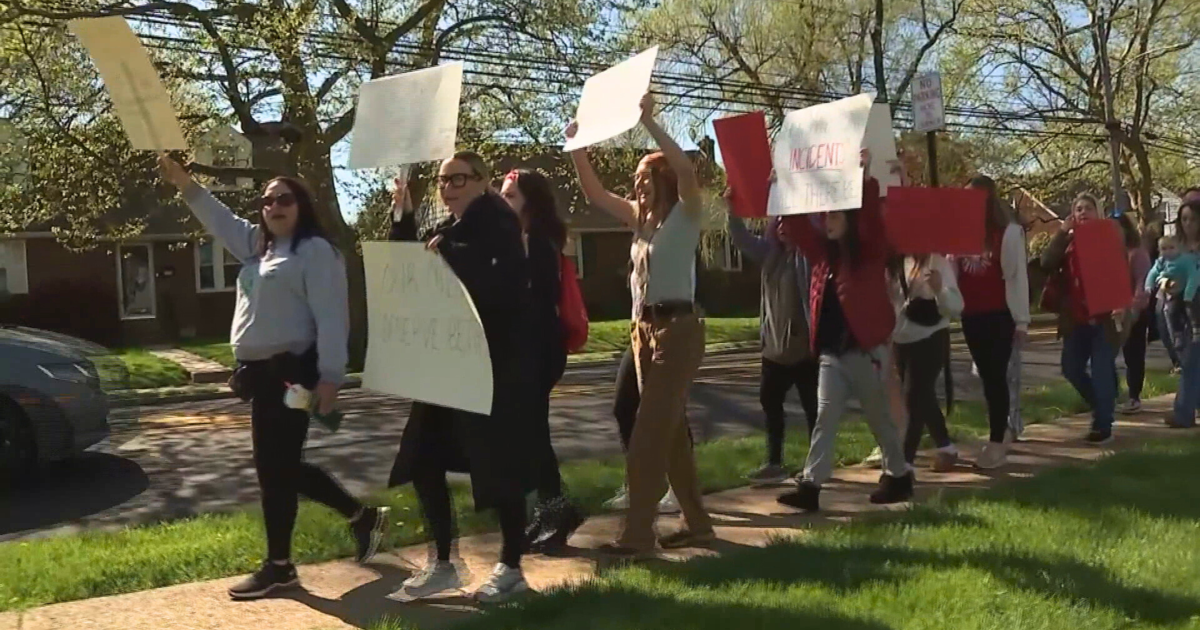Weather Blog: Total Solar Eclipse To Take Place
By Steven Strouss
PHILADELPHIA (CBS) -- A total solar eclipse will take place next week. Unfortunately, most of us will not be able to see it. Solar Eclipses occur when the moon, in its new phase, passes between the Earth and the Sun in alignment. In this particular event, the shadow of the moon will follow a narrow path from Indonesia to the central Pacific Ocean from the evening of March 8th to the morning hours on March 9th. Some tiny islands will be in the line of totality which will cover an area nearly 9,000 miles long but less than 100 miles wide. Each location on the path of totality will experience darkness for 1-4 minutes.
Despite most of the total eclipse occurring over the open ocean of the Pacific, some locations such as Palau, Guam, Wake Island, Hawaii and parts of Alaska will experience a partial eclipse. This means, part of the sun will be covered by the moon but it will not be completely dark and it will still be too dangerous to look at with the naked eye. The best opportunity to see this rare event, if you don't already have plans to be in Micronesia, is to check out the live broadcast online from the Solar Dynamics Lab or Exploratorium.
Next year, this rare event will take place over the United States. On August 21, 2017 a total solar eclipse will be visible from Oregon to South Carolina and a partial eclipse will be visible for most of North America. The last time this happened was back in the 1970s so if you miss this current one in the Pacific, you'll have another opportunity in less than 535 days!



